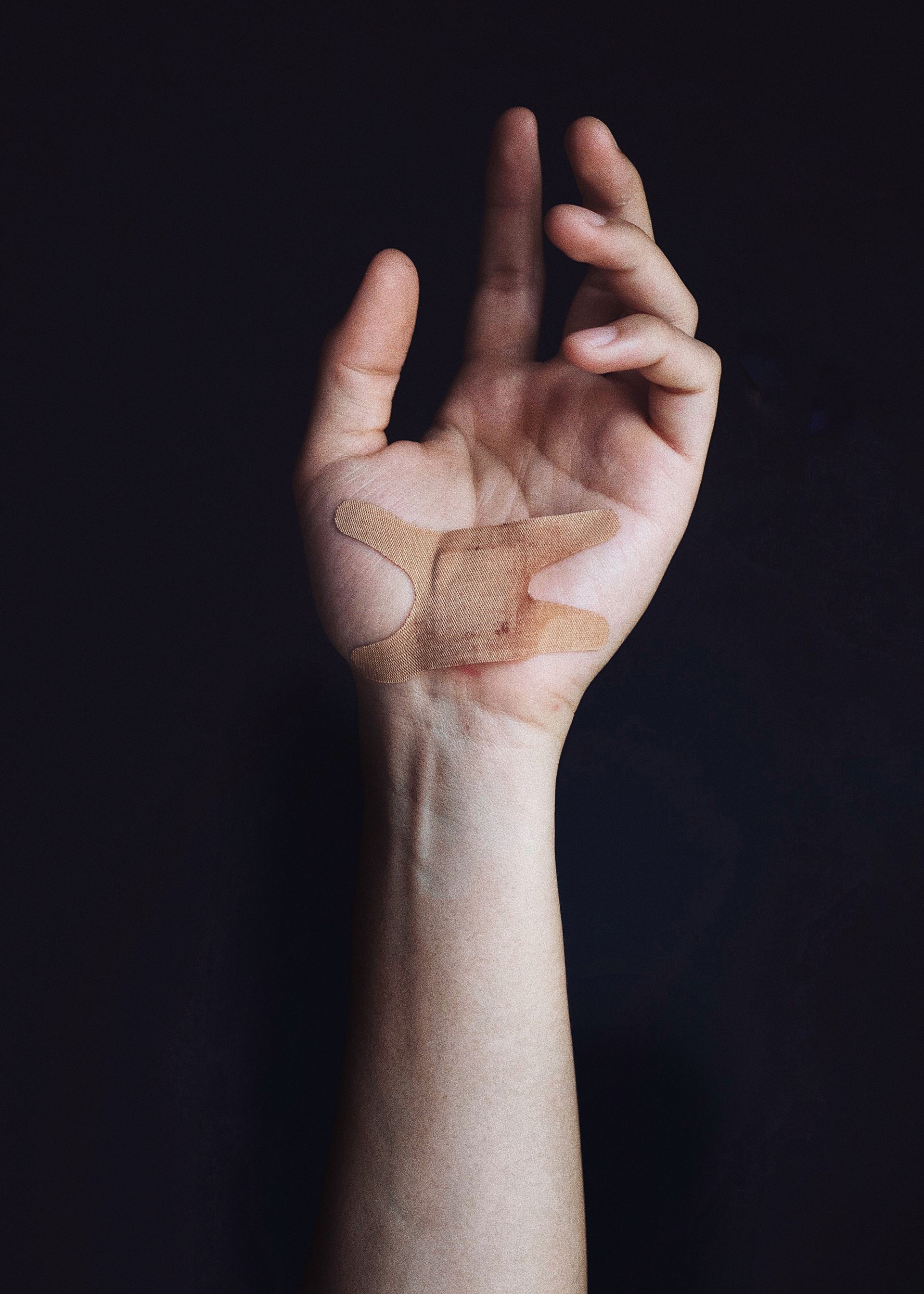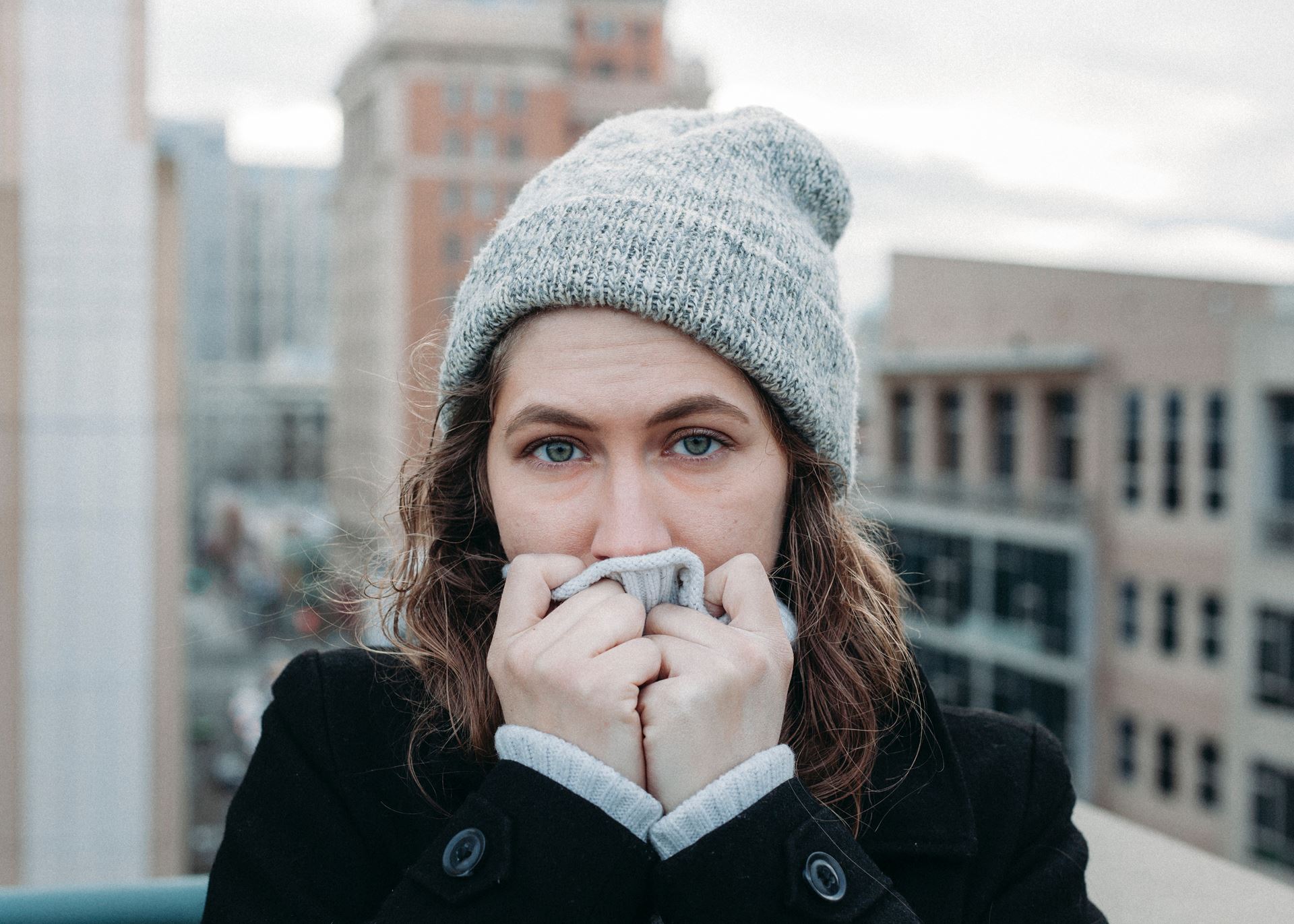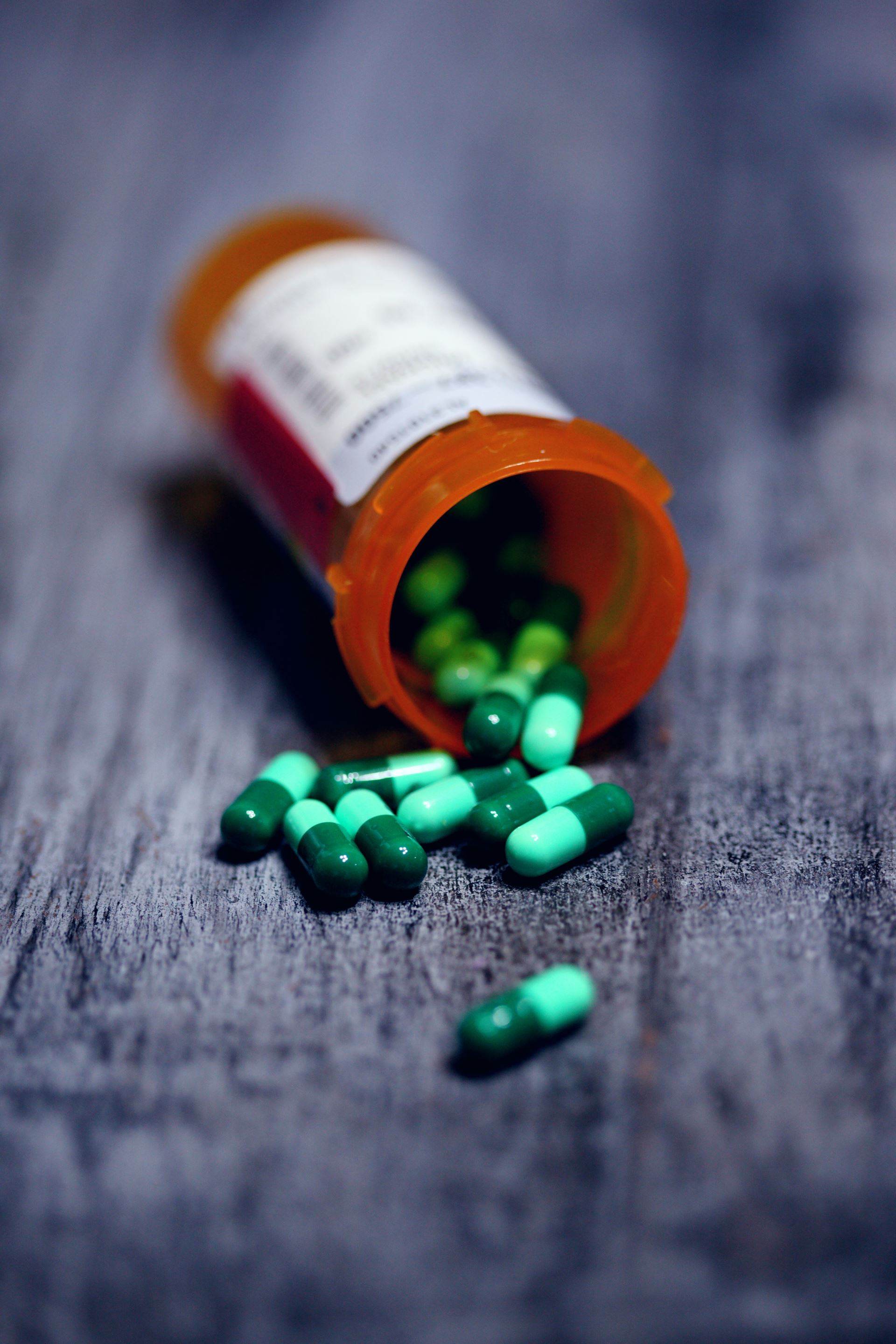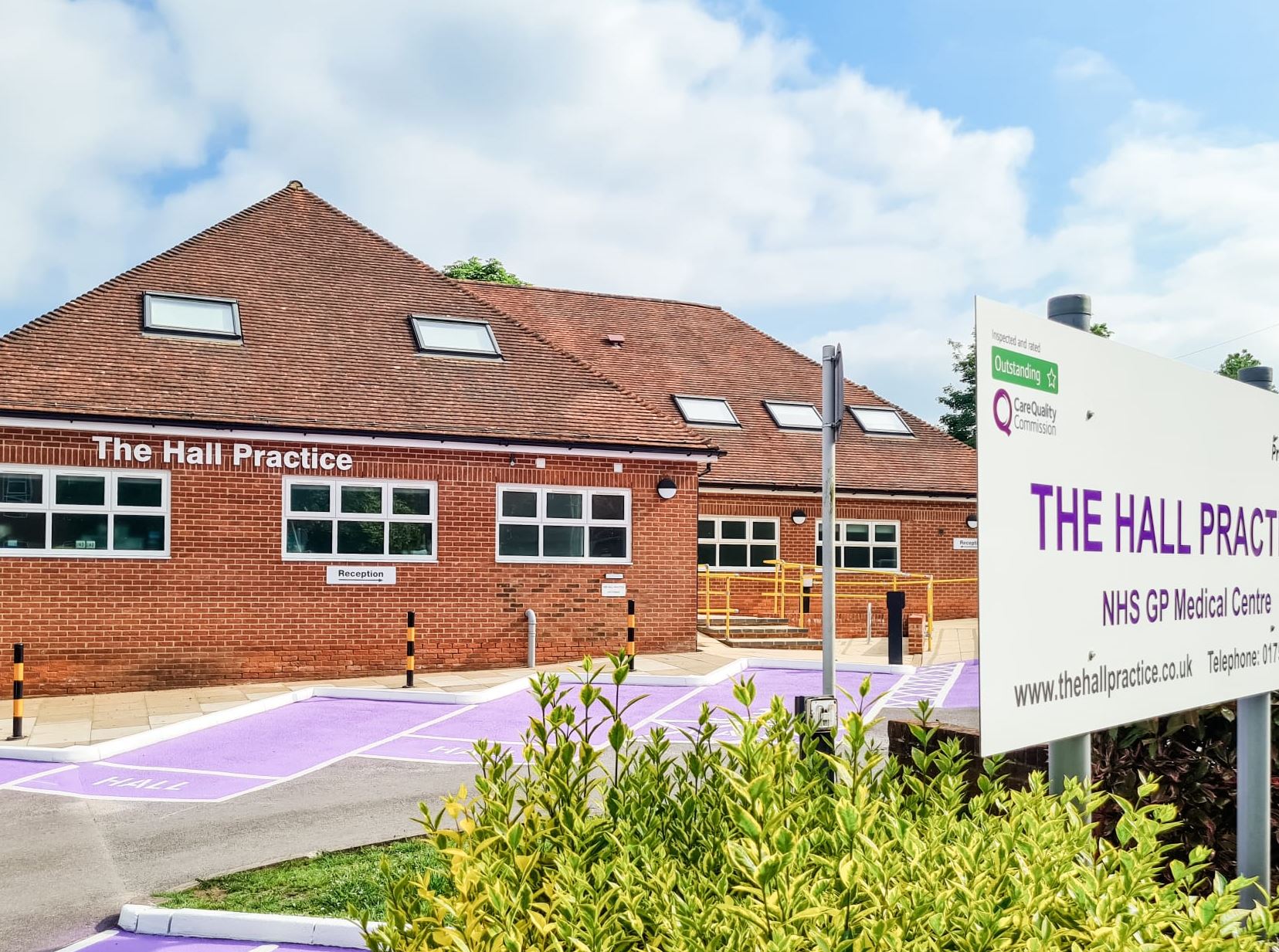Minor Injury & Illness
NHS 111
The NHS 111 phone line makes it easier for you to access local NHS healthcare services in England. You can call 111 when you need medical help fast but it’s not a 999 emergency. NHS 111 is a fast and easy way to get the right help, whatever the time.
NHS 111 is available 24 hours a day, 365 days a year. Calls are free from landlines and mobile phones.
Community Pharmacy Consultation Service
A new service to help you be seen more quickly via your local pharmacist for treatment of minor conditions
NHS England has introduced a new, same-day, GP Community Pharmacist Consultation Service to help you receive quality care and support for minor health conditions more quickly by accessing care from your community pharmacist. The service enables practice teams to channel patients with defined and appropriate minor health conditions directly to a community pharmacist for their first contact, where they will receive clinical assessment and treatment advice.
In Chalfont there are three pharmacies currently offering this service:
- Boots, Gerrards Cross
- Richard Adams, Chalfont St Peter
- Lloyds, Chalfont St Giles
How does the new service work?
Click here to watch a video that explains how this new service works.
When you contact us, either online or by phone, a GP will review your request and if you have symptoms of a minor health condition which can be appropriately managed by a pharmacist with medications that won't require a prescription, one of our team will contact you to let you know that we can offer you the option of having a same-day appointment with your community pharmacist as part of this service.
This is for minor illnesses such as: –
- Ankle, foot, knee, lower leg or arm swelling or pain
- Athlete’s foot
- Allergic reactions
- Bites or stings
- Coughs and colds
- Eye infections
- Headaches
- Lower back pain
- Mouth ulcers and blisters
- Rashes
- Sore throat
- Shoulder pain
Community pharmacists are highly qualified and experienced in providing clinical advice and care (including recommending over the counter treatments) for minor illnesses and conditions. They will offer you a same-day consultation via the phone, or in person, which can be arranged quickly and at a time to suit you. They can also contact the GP surgery directly if they have any further queries about the patient they are assessing.
Your pharmacist will take your medical history, ask about your symptoms and any current medication you might be taking. Following the consultation, the pharmacist will offer you self-care advice and if appropriate, offer you an over-the-counter product. The pharmacist will make a record of the outcome of your consultation and send it to your GP.
If having given you advice/treatment, your pharmacist identifies you need further specialist help your pharmacist, will be able to refer you back to your GP, or onto another health service for support.
Community pharmacists have already successfully seen thousands of patients for a consultation for a minor condition, following a call to NHS 111 and through GPs around the country who have been piloting this service. Evidence from these pilots shows advice provided by community pharmacists results in the same outcome, as if the patient went to see their GP, or attended an emergency department.
Advantages for patients using the new GP Community Pharmacist consultation service
- Community pharmacies are local, open longer hours than the GP practices and can offer you the same consultation outcome at a time that is more convenient for you either on the phone, in person or through a video consultation
- If the pharmacist thinks you need to see the GP or other health professional, they can help arrange an urgent appointment for you.
- This will help ensure as patients you receive the right care, in the right place, with the right person and at the right time.
- Introducing this new service, frees up GP appointments for those people with more complex symptoms who really need to see a GP.
The waiting times at Urgent Treatment Centres are usually much shorter than those in A&E, as staff in A&E must give priority to serious and life-threatening conditions. You do not need an appointment to visit the Urgent Treatment Centre.
You can go there if you need urgent medical attention but it’s not a life threatening situation.
Our nearest Urgent Treatment Centres are:
Wycombe General Hospital, High Wycombe
Urgent Care and Minor Injuries at Wycombe Hospital
If you have a minor injury or someone needs medical help that’s not serious or life threatening
NHS 111 online or call 111 (free of charge from mobile phones or landlines) – will help direct you to the right care and you can book you an appointment in our Urgent Care Department or Emergency Department if needed.
NHS 111 will advise on
- where to get help for your symptoms, if you’re not sure what to do
- how to find general health information and advice
- where to get an emergency supply of your prescribed medicine
- how to get a repeat prescription
Mount Vernon Hospital, Northwood
Urgent Care Nurse Practitioner Service (UCNPS) at Mount Vernon Hospital
Minor injuries might include cuts, grazes and bruising, minor burns, animal bites and simple broken bones. This service is not a ‘walk-in’ clinic; patients are triaged and appointments, if required, are booked via NHS 111 online or by calling 111. If you have a minor injury, please contact NHS 111.
What is a Minor Injury?
- Cuts, grazes and bruising
- Wounds, including those that may need stitches
- Minor burns and scalds
- Tetanus immunization after an injury
- Removal of foreign bodies from eyes, nose or ears
- Minor eye problems, including removal of contact lenses
- Insect bites or other animal bites
- Minor head injury where there has been no loss of consciousness or vomiting, and no residual symptoms i.e. headache, nausea, visual disturbance, dizziness or any other symptom of concussion.
- Removal of rings, earrings and studs
- Minor injuries to legs below the knee, and arms below the shoulder, where you can bear the weight through your foot or move your fingers
- Minor nose bleeds
- Emergency contraception
Please note
- Children who are seriously injured or ill, or who have sustained any head injury should not be brought to the Urgent Treatment Centre, but instead should be taken to the nearest A&E.
- They cannot X-ray children below the age of 4. They must be seen in an Accident & Emergency department
- They can only X-ray from shoulder to finger and from knee to toe. All other X-rays must be taken at an Accident & Emergency department
- Some wounds over 12 hours old may be unsuitable for stitches and on occasions these maybe referred to Accident & Emergency.
Page created: 21 February 2023



